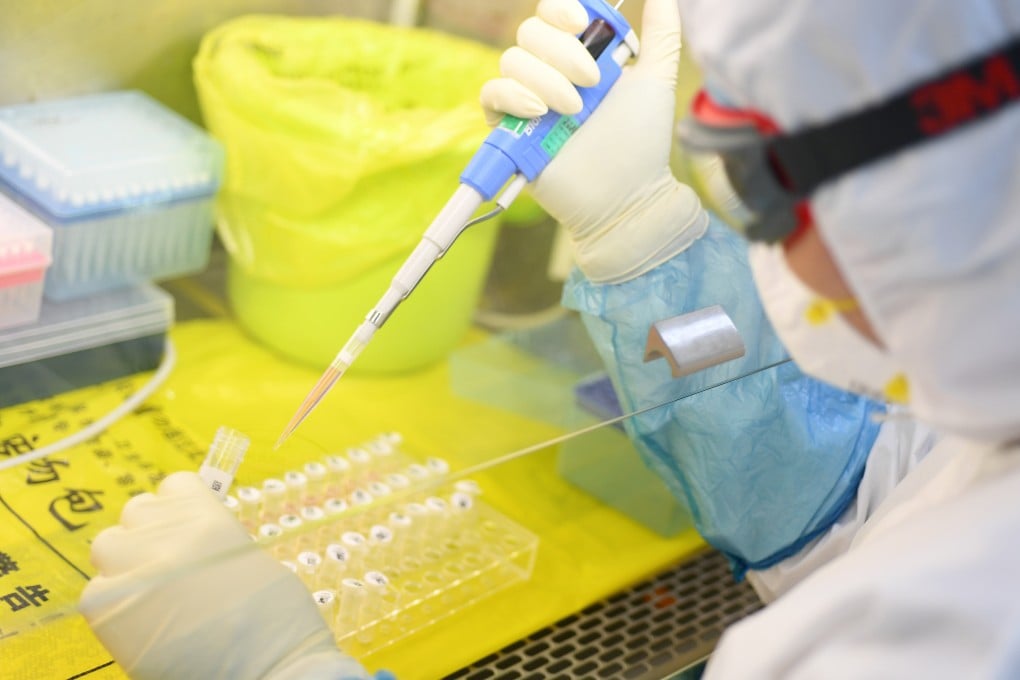Advertisement
Plea for plasma after positive results with coronavirus patients in China
- Health of critically ill people treated with antibodies from recovered patients improved in tests, biotech company says
- But experts urge caution to ensure appropriate consent and collection
Reading Time:3 minutes
Why you can trust SCMP

A biotech giant and a blood bank at the epicentre of a coronavirus outbreak in China has appealed for people who have recovered from the illness to donate blood plasma to help treat others.
State-owned China National Biotec Group (CNBG) said on Thursday night that plasma from former patients had been used to treat about a dozen critically ill people at various hospitals in Wuhan – the central Chinese city where the virus emerged – and the results had been positive.
CNBG said it started collecting the plasma from January 20 and conducted a series of biological safety tests for virus inactivity and antibody activity.
Advertisement
Most patients who recovered from the illness produced specific antibodies against the virus, the company said.
Patients given the plasma got better, with key indicators such as blood oxygen saturation and viral load improving after 12 to 24 hours of treatment.
Advertisement
An unidentified CNBG official said plasma could be collected, tested and prepared safely and quickly.
Advertisement
Select Voice
Select Speed
1.00x